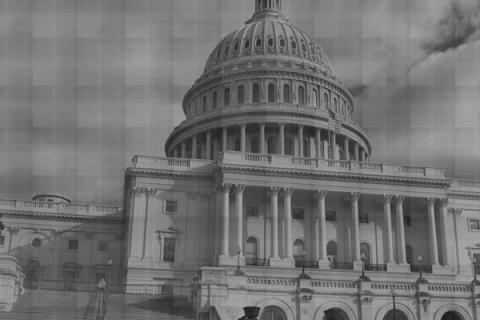
The Republican platform committee pushed a number of anti-illegal immigration platform planks on Tuesday. On top of advocating a completed border fence along the U.S.-Mexico border and requiring employers to use a national E-Verify system when hiring new employees, the committee took a stance against in-state tuition for illegal immigrants.
There haven’t been too many changes made from the 2008 GOP platform. The party is moving more to the right on several issues, including immigration, because they have to appeal to their conservative base and Tea Party activists. At the same time, they need to keep moderate Republicans happy and come up with ways to attract independent voters.
In-state tuition for non-legal residents hasn’t been a purely partisan issue. It is something plenty of Republicans and Democrats have agreed on in states across the country and have come together to pass legislation on. It is something people from all facets of the political spectrum can find common ground.
In 2001, Texas became the first state to pass an in-state tuition law that includes provisions for assisting undocumented immigrants in their pursuit of an advanced education as long as they meet certain requirements.
Texas House Bill 1403 grants illegal immigrants resident classifications for the purpose of higher education as long as they have lived in the state for three years, graduated from a Texas high school, and are actively pursuing permanent legal residency.
The number of students that take advantage of this law every year is roughly one percent of the total number of students enrolled in institutions of higher education in the state. From 2004 to 2008, Texas spent approximately $33.6 million in financial aid for students with undocumented residency status. This number will likely decrease over the next four years due to rising higher education costs and significant budget cuts during the 2011 legislative session that included reductions to financial aid funding.
HB 1403, perceived by many conservatives to be a pathway to amnesty and nicknamed the “Texas DREAM Act,” passed with overwhelming bipartisan support in the 77th Texas Legislature. Only five legislators voted against the bill and it received unanimous support in the state senate. Governor Rick Perry, who signed the bill into law, adamantly defended in-state tuition for illegal immigrants during his run for the GOP presidential nomination.
Today, twelve states have laws that allow some non-legal residents an opportunity to qualify for state funded financial aid and in-state tuition rates to some degree. Along with Texas, this includes California, New York, Utah, Washington, Oklahoma, Illinois, Kansas, New Mexico, Nebraska, Maryland, and Connecticut. Wisconsin was number thirteen until they revoked their law in 2011.
There is a noticeable balance of states that are decidedly Republican and overwhelmingly Democratic that have implemented policies that allow young people, regardless of residency status, to not only attend state universities and colleges, but also to be eligible for state assistance. It is an issue that transcends partisan politics.
One major argument common among supporters of in-state tuition for illegal immigrants is that these students are sons and daughters of men and women who came to this country illegally. They were not born here, but were brought here by their parents. Their present circumstances are beyond their control. They wish to attend college to receive an advanced education, earn a degree, and seek out better opportunities for themselves and the people they love.
However, many voters and activists on the far right have a problem with a state spending any amount of money on people they believe shouldn’t be here in the first place. It doesn’t matter how small of percentage of the overall state budget it is. It is not uncommon for conservative organizations in Texas to call for the repeal of HB 1403 during each legislative session.
The GOP has been put in a position where they have to adapt their platform to appease Tea Partiers and far right conservative voters. The voting bloc has become too important for them.
